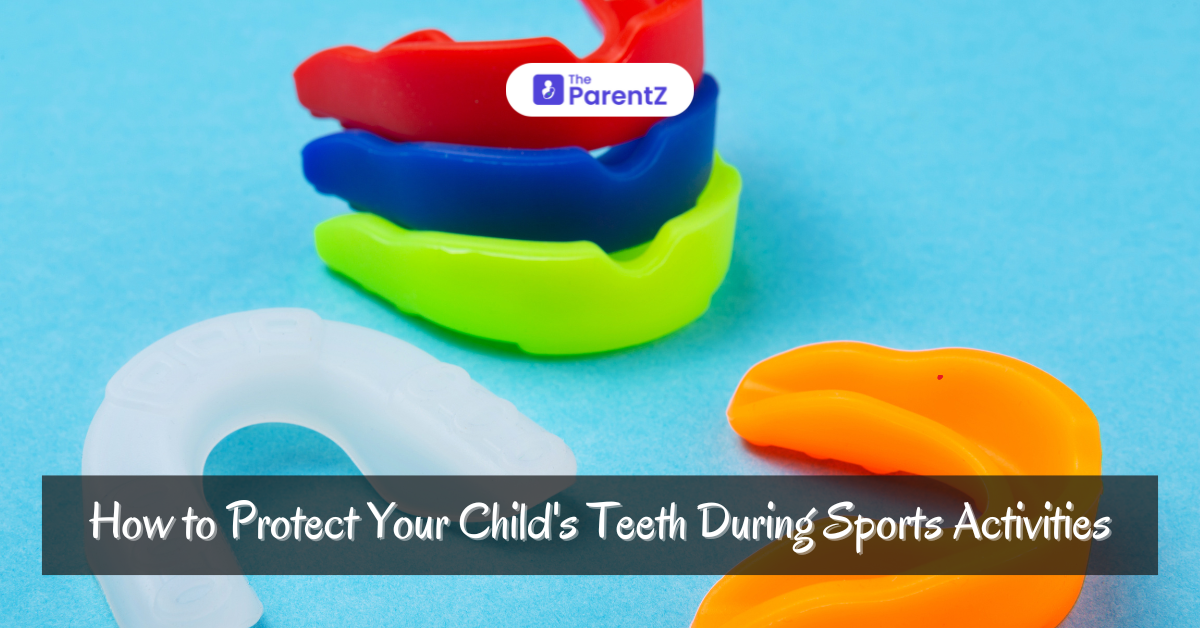You’re in the stands, heart racing as you watch your child sprint down the soccer field. You’ve packed their water bottle, made sure they’re wearing the right shoes, and even double-checked the shin guards. But what about their teeth? Have you ever thought about how to protect your child’s dental health during sports activities?
As a parent, it’s easy to overlook the importance of dental protection in sports. After all, when we think of injuries, we often worry about sprains, broken bones, or concussions. However, dental injuries are far more common than you might think, especially in high-contact sports.
The Hidden Dangers to Your Child's Teeth in Sports
Not all sports are created equal when it comes to dental risks. Some activities pose a higher threat to your child’s smile than others. Here’s a look at the most dangerous sports for your child's dental health:
1. Contact Sports (Football, Hockey, Boxing):
- These sports involve direct physical contact, making dental injuries more likely.
- Fact: Up to 39% of dental injuries in children are due to sports-related incidents.
- Common Injuries: Fractured teeth, knocked-out teeth, and cuts to the mouth.
2. Team Sports (Basketball, Soccer, Volleyball):
- Though not traditionally viewed as high-risk, these sports can lead to accidental collisions.
- Fact: Basketball has one of the highest rates of dental injuries among sports not requiring mouthguards.
- Common Injuries: Chipped teeth, lip injuries, and dislodged teeth.
3. Recreational Activities (Skateboarding, Biking, Rollerblading):
- Falls and accidents in these sports can lead to severe dental trauma.
- Fact: Nearly 50% of children experience some type of dental injury by the time they are teens, with many resulting from recreational activities.
- Common Injuries: Broken teeth, jaw injuries, and tooth displacement.
Essential Tips for Protecting Your Child's Teeth
1. Invest in a Custom-Fit Mouthguard:
- Why It’s Important: A properly fitted mouthguard can reduce the risk of dental injuries by up to 60%.
- Types: Custom-fit mouthguards offer better protection compared to store-bought options.
2. Encourage the Use of Helmets and Face Shields:
- Why It’s Important: These can prevent not only dental injuries but also protect against concussions and facial trauma.
3. Educate on Safe Play Techniques:
- Why It’s Important: Teaching your child proper techniques, such as keeping their head up during play, can reduce the risk of injury.
4. Regular Dental Check-Ups:
- Why It’s Important: Regular visits to the dentist ensure any potential issues are spotted early and provide an opportunity for professional advice on sports safety.
5. Be Prepared for Dental Emergencies:
- Why It’s Important: Knowing what to do in case of a dental injury can save your child’s tooth. Always have a dental first-aid kit ready, including a small container with saline solution for knocked-out teeth.
Conclusion
As a parent, your child’s safety is always a priority. By understanding the risks associated with sports and taking proactive steps to protect their teeth, you can ensure they enjoy their favorite activities without compromising their dental health. Remember, a well-protected smile today will lead to a lifetime of healthy grins.





Be the first one to comment on this story.